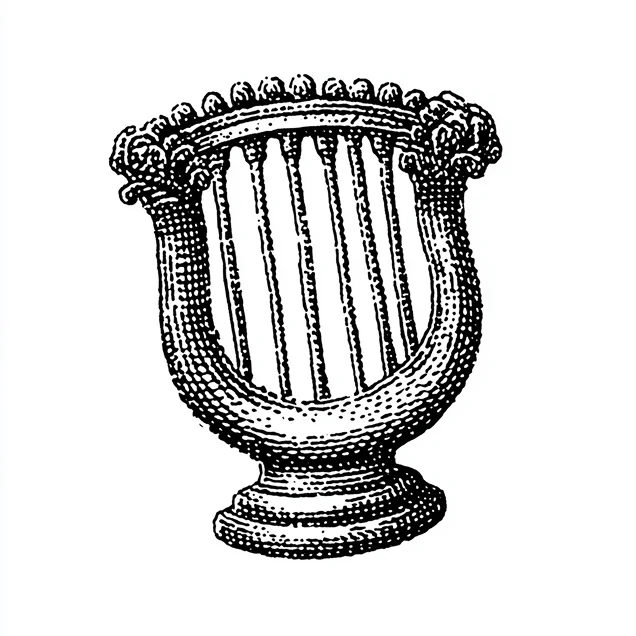The tax rules heirs always get wrong
Most people think inheritance tax works the way income tax does. It doesn’t.
Some inherited assets are taxed immediately. Others grow tax-deferred. Some can be liquidated tax-free. And some — especially retirement accounts — have strict IRS timelines that can dramatically increase your tax bill if handled incorrectly.
A smart inheritance strategy does two things:
- Preserves as much of the inherited assets as possible, and
- Minimizes avoidable taxes by using the right withdrawal and transfer rules.
Done correctly, you can keep more of what your loved one intended for you — without creating a surprise tax liability.
What inheritance tax actually applies
There is no federal inheritance tax. But the IRS does tax inherited assets in several ways most people miss:
1. Income tax on inherited retirement accounts
Traditional IRAs, 401(k)s, and pensions are taxed when you withdraw funds. Heirs must follow strict 10-year withdrawal rules (more below).
2. Capital gains tax on inherited real estate or brokerage assets
The good news: most assets receive a step-up in cost basis, meaning your taxable gains reset to the market value on the date of death.
Example:
- Your parent bought a home for $200,000
- It’s worth $900,000 today
- You inherit it with a cost basis of $900,000
- If you sell it at $900,000 → $0 taxable gain
3. State inheritance taxes
A handful of states—PA, IA, KY, NE, MD, NJ—tax inherited wealth. Rates vary by relationship and asset type.
4. Estate tax (rare but relevant)
Federal estate tax applies only to estates over $13.61M per person (2025). Married couples can reach $27M+.
The three-step approach to minimizing inheritance taxes
Step 1: Identify which assets are taxable now vs. later
Separate assets into buckets:
Asset Type: Traditional IRA / 401(k)
• When taxes apply: When you withdraw funds
• Key rule: Must follow the 10-year distribution rule
• Notes: All withdrawals are taxed as ordinary income
Asset Type: Roth IRA
• When taxes apply: Usually never — withdrawals are tax-free
• Key rule: Still subject to the 10-year rule
• Notes: Withdraw Roth last in most cases
Asset Type: Brokerage Account (Stocks, ETFs, Mutual Funds)
• When taxes apply: When you sell the asset
• Key rule: Step-up in cost basis resets gains at death
• Notes: Selling immediately often results in zero taxable gain
Asset Type: Real Estate
• When taxes apply: When sold
• Key rule: Step-up in basis applies to property as well
• Notes: Tax is owed only on appreciation after inheriting
Asset Type: Cash
• When taxes apply: No tax
• Key rule: None
• Notes: Fully liquid and fully tax-free to the heir
Step 2: Create a withdrawal strategy
This is where most heirs overpay.
Rules of thumb:
- Prioritize brokerage assets first if you need liquidity
- Delay taxable IRA withdrawals strategically to stay in lower brackets
- Avoid draining a traditional IRA too fast, which can push you into a high tax bracket
Step 3: Plan for long-term tax efficiency
Coordination matters:
- Time IRA withdrawals over multiple years
- Use losses or deductions to offset gains
- Consider converting part of an inherited traditional IRA to a Roth (case-by-case)
Common inheritance tax mistakes
- Liquidating inherited IRAs immediately → biggest tax hit
- Not realizing you have to withdraw funds within 10 years
- Selling inherited property without verifying the step-up basis
- Ignoring state inheritance tax rules
- Failing to align withdrawals with your income cycles
Quick Answers: Inheritance Tax Questions
“Do I owe tax on cash inheritances?”
No. Cash is not taxable income to heirs.
"Do I pay capital gains tax if I sell inherited property?”
Only on gains after the date of death, thanks to the step-up basis.
“What if the estate is over the federal exemption?”
Estate tax is paid by the estate, not the heir.
“Can I reduce taxes on inherited retirement accounts?”
Yes, with a planned withdrawal strategy.
Can Titan help with inheritance tax planning?
Yes. Titan helps heirs:
- Build tax-efficient withdrawal strategies
- Understand their inherited IRA obligations
- Evaluate real estate and brokerage decisions
- Coordinate long-term tax and investment planning
If you’ve recently inherited assets, strategic planning now can preserve far more over time.
Want to protect more of your inheritance?
Talk to a Titan advisor today.
About Titan
Titan is a modern Registered Investment Advisor helping high-earning professionals navigate complex money decisions. From inheritance to retirement planning, Titan gives you a dedicated advisor and sophisticated investment strategies designed for real life.







